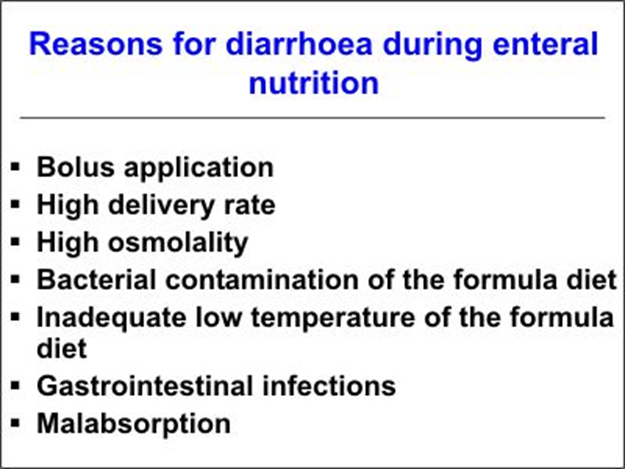A nurse is planning preventive care for a client who is at risk for pressure ulcers and requires bed rest. Which of the following actions should the nurse take?
Massage the client’s bony prominences.
Keep the head of the bed elevated.
Reposition the client at least every 2 hr.
Keep the client’s skin moist.
The Correct Answer is C
A. Massage the client’s bony prominences:
Massaging bony prominences is generally not recommended for individuals at risk for pressure ulcers. Massage can increase friction and shear forces on the skin, which may contribute to skin damage rather than prevent it. Gentle, careful handling of the skin is preferable.
B. Keep the head of the bed elevated:
While elevating the head of the bed may be appropriate for certain medical conditions, it is not a primary preventive measure for pressure ulcers. In fact, keeping the head of the bed elevated continuously can contribute to pressure on the sacrum and coccyx, increasing the risk of pressure ulcers in those areas.
C. Reposition the client at least every 2 hr:
Regular repositioning is a crucial preventive measure for pressure ulcers. Repositioning helps redistribute pressure, improves blood flow to vulnerable areas, and reduces the risk of skin breakdown.
D. Keep the client’s skin moist:
While maintaining skin moisture is important to prevent dryness and cracking, excessive moisture can contribute to skin breakdown. The emphasis should be on keeping the skin clean and dry, with the use of moisturizers applied judiciously to prevent excessive dryness.
Nursing Test Bank
Naxlex Comprehensive Predictor Exams
Related Questions
Correct Answer is B
Explanation
A. Electrolyte imbalances
Administering diluted enteral feedings is not typically done to address electrolyte imbalances. Instead, monitoring the electrolyte levels in the patient's blood and adjusting the content of the enteral formula (such as adjusting the concentration of electrolytes) would be more appropriate.
B. Diarrhea
Administering diluted enteral feedings is a strategy that may be employed to prevent or manage diarrhea. High concentrations of nutrients can overwhelm the gastrointestinal tract, leading to diarrhea. Diluting the formula helps reduce the risk of this complication.
C. Constipation
Administering diluted enteral feedings is not typically done to address constipation. Management of constipation is more commonly achieved through adjustments in fiber intake, fluid intake, and medications as needed.
D. Delayed gastric emptying
Administering diluted enteral feedings is not a standard approach for addressing delayed gastric emptying. Instead, adjustments in the rate of enteral feedings or specific interventions for delayed gastric emptying, such as medication or changes in positioning, would be considered.

Correct Answer is B
Explanation
A. “Most of my calories each day should be from fats.”
This statement is not accurate. While fats are essential for a balanced diet, it is not recommended for the majority of calories to come from fats. The emphasis should be on a variety of macronutrients, including carbohydrates and proteins.
B. “I should eat more calories from complex carbohydrates than anything else.”
This is the correct choice. Individuals with diabetes are often encouraged to obtain the majority of their calories from complex carbohydrates. These include whole grains, vegetables, and legumes, which have a slower impact on blood glucose levels.
C. “Simple sugars are needed more than other calorie sources.”
This statement is not accurate for individuals with diabetes. Simple sugars can lead to rapid spikes in blood glucose levels and should be consumed in moderation.
D. “Protein should be my main source of calories.”
This statement is not accurate. While protein is important for overall health, it is not recommended for protein to be the main source of calories. A balanced diet with an emphasis on complex carbohydrates is typically recommended.
Whether you are a student looking to ace your exams or a practicing nurse seeking to enhance your expertise , our nursing education contents will empower you with the confidence and competence to make a difference in the lives of patients and become a respected leader in the healthcare field.
Visit Naxlex, invest in your future and unlock endless possibilities with our unparalleled nursing education contents today
Report Wrong Answer on the Current Question
Do you disagree with the answer? If yes, what is your expected answer? Explain.
Kindly be descriptive with the issue you are facing.
